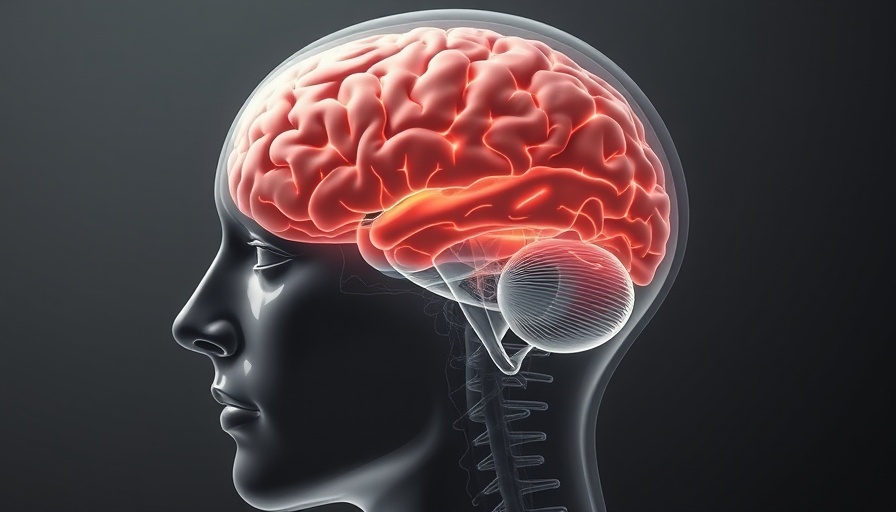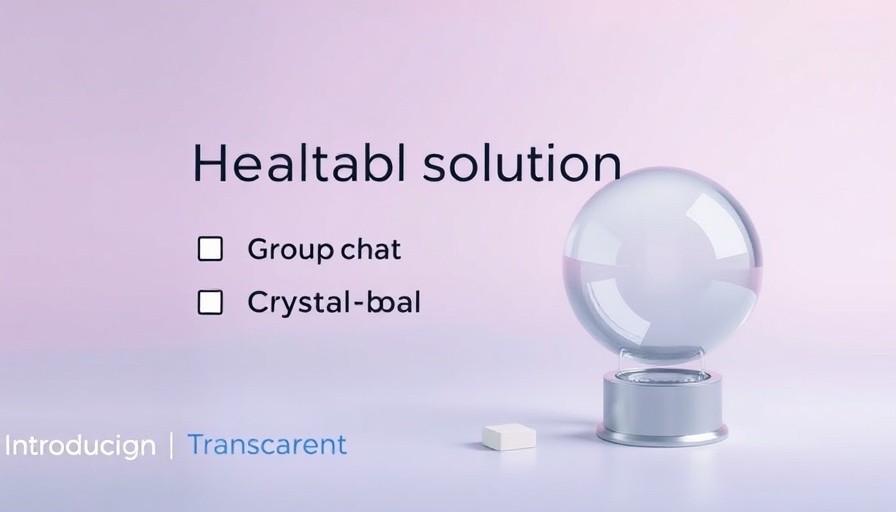
Understanding Neurogenic Bladder: A Hidden Challenge
Neurogenic bladder is a condition that might not be on everyone’s radar, yet it significantly affects millions of individuals worldwide. This disorder arises when nerve damage disrupts the communication between the brain and the bladder, leading to severe urinary dysfunction. The implications range from incontinence to urinary retention, and even urinary tract infections. However, by exploring its root causes and implementing effective management strategies, those affected can regain control of their health and lifestyle.
What Causes Neurogenic Bladder?
Identifying the causes of neurogenic bladder is crucial for effective treatment. The disorder can stem from various neurological injuries or conditions that interfere with bladder function.
Spinal Cord Injuries
One of the primary causes is spinal cord damage. Lesions in the lumbar or sacral regions can disrupt the nerve pathways controlling the bladder, resulting in a range of issues from urinary retention to incontinence. One common practice used to manage retention is double voiding, where a person attempts to urinate twice within a short span. This can help mitigate the risk of urinary tract infections while preventing damage from residual urine.
Multiple Sclerosis (MS)
Another cause of neurogenic bladder is multiple sclerosis, an autoimmune condition that targets the central nervous system. MS can lead to various bladder control issues, including urgency and involuntary leakage. People with MS may experience conflicting sensations, where they feel the need to urinate frequently, yet do not produce much urine. Understanding these nuances is critical for tailoring appropriate care strategies.
The Impact of Stroke
A brain stroke can also give rise to neurogenic bladder symptoms. Depending on the severity and location of the stroke, individuals may experience changes in bladder muscle control, leading to either retention or incontinence. This unpredictable nature can dramatically interfere with daily activities and quality of life.
The Role of Diabetes and Other Conditions
Another significant contributor to neurogenic bladder is diabetes, particularly type 2 diabetes, which can lead to diabetic neuropathy. This condition compromises nerve function, including nerves responsible for bladder control, often resulting in incomplete bladder emptying or an overactive bladder.
Spina Bifida
Spina bifida, a congenital defect where the spinal cord fails to develop properly, also predisposes individuals to neurogenic bladder. The disruption in lower neural function can severely affect bladder operation, emphasizing the importance of early intervention and continuous care.
Parkinson's Disease
Similarly, Parkinson's disease, a progressive neurological disorder, can result in significant bladder control problems. As the disease progresses, individuals may find their urinary function increasingly impaired, requiring specialized management to maintain their quality of life.
Strategies for Management and Care
Living with neurogenic bladder can be challenging, but with effective strategies, individuals can lead fulfilling lives. Management typically involves a combination of behavioral strategies, medical interventions, and lifestyle accommodations.
Behavioral Therapies
Behavioral therapies such as bladder training and pelvic floor exercises can be instrumental in managing symptoms. These approaches focus on strengthening the muscles that support bladder control and retraining the brain's signals related to urination.
Medical Treatments
In some cases, medication may be prescribed to help control bladder function. Anticholinergics, for instance, can reduce involuntary bladder contractions, while other treatments may involve surgical options for severe cases.
Conclusion: Empowerment through Knowledge
Understanding neurogenic bladder is the first step toward effective management and improved quality of life. Those affected should not suffer in silence but seek out medical professionals who can guide them through effective treatment options. It is also essential to foster a supportive community that acknowledges the challenges faced by individuals with this condition. Equip yourself with knowledge and advocate for your health, as there are many paths to living well with neurogenic bladder.
 Add Row
Add Row  Add
Add 
 Add Row
Add Row  Add Element
Add Element 



Write A Comment